Why You Need Potassium and How to Get It
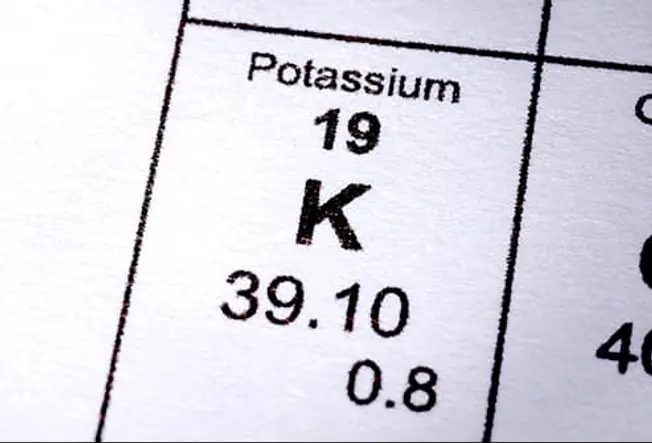
What Is It?
Potassium is a mineral that helps your cells work the right way. It helps make the electricity that lets your cells do their jobs. Your nerves and muscles -- including your heart -- might not work the way they should if you don’t get enough.

How Much Do You Need?
If you’re age 4 or older, you should get about 4,700 milligrams of potassium a day. Breastfeeding mothers need more: 5,100 milligrams.
For children:
- 0 to 12 months: 700 milligrams
- 1 to 3 years: 3,000 milligrams
- 4 to 8 years: 3,800 milligrams
- 9 to 13 years: 4,500 milligrams

Helps With Osteoporosis
As people age, their bones tend to get brittle. The typical diet in the U.S. doesn’t help, either. Lots of meat and dairy can cause your body to make too much acid, and that can weaken your bones faster. Foods rich in potassium -- mostly fruits and vegetables -- can slow it down.
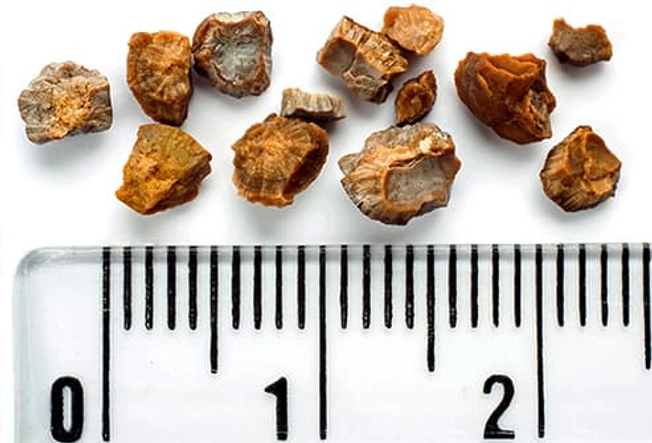
Helps Prevent Kidney Stones
These are hard little balls made from minerals in your pee, and they can really hurt if they get stuck when you’re trying to go. More acid in your body -- often thanks to a meat-rich diet -- makes you more likely to get them. Potassium helps get rid of acid, which keeps those minerals where they belong (in your bones) and prevents those painful stones.

Helps Your Muscles Work
You need just the right amount of potassium inside your cells -- and sodium outside your cells -- for your muscles to work well. Too little, or too much, of either can make your muscles weak or make them squeeze when you don’t want them to.
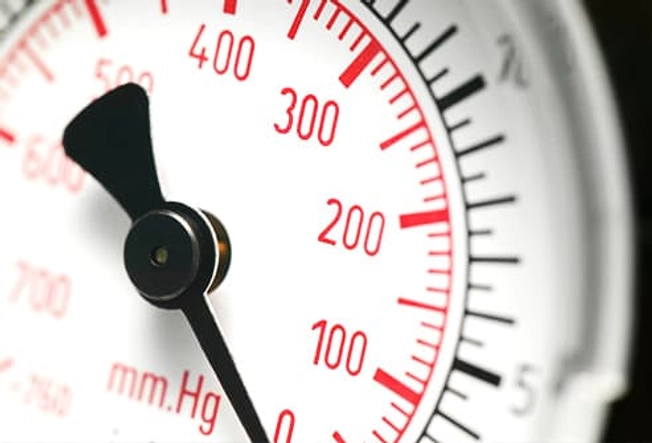
Helps Prevent High Blood Pressure
This is when blood pushes too hard against the walls of your veins and arteries. It can lead to stroke, heart disease, and heart failure. It’s often called “the silent killer” because you rarely have symptoms. The sodium in salt makes it worse, but potassium can help you get rid of sodium and ease tension in the walls of your blood vessels.
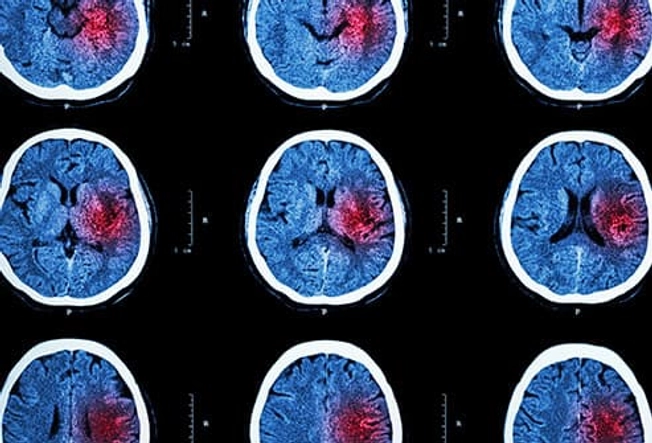
Helps Prevent Strokes
A stroke happens when blood flow is limited or cut off to part of your brain, often because a blood vessel burst or got blocked. High blood pressure can play a role in that. That means you're less likely to have one if you keep that under control and get the right amount of potassium. Signs of a stroke include slurred speech, arm weakness, or drooping on one side of your face. If you have any of these, get medical help right away.

Source: Bananas
A single medium banana has 422 milligrams of potassium. Have one as a snack or slice it onto your cereal. You can even bake some banana bread. Just don’t soak or cook them -- they lose potassium that way.

Source: Potatoes
A medium potato baked with skin has a whopping 926 milligrams of potassium. Of course, if you load it up with butter and sour cream, you might end up causing more health problems than that potassium can solve. So enjoy your baked potato, but keep the extras to a minimum.

Source: Prunes
A half cup of dried prunes has 637 milligrams of potassium, and loads of fiber as well. (If you’d rather drink your prunes, 6 ounces of juice has almost as much.) They go great with nuts and cheese, or even baked into a tart -- just don’t overdo the sugar and fat.

Source: Oranges
A medium orange should get you about 237 milligrams of potassium, and 6 ounces of juice delivers about 372 milligrams. They’re healthy and full of vitamins and minerals, but they also have sugar, so don’t get carried away.
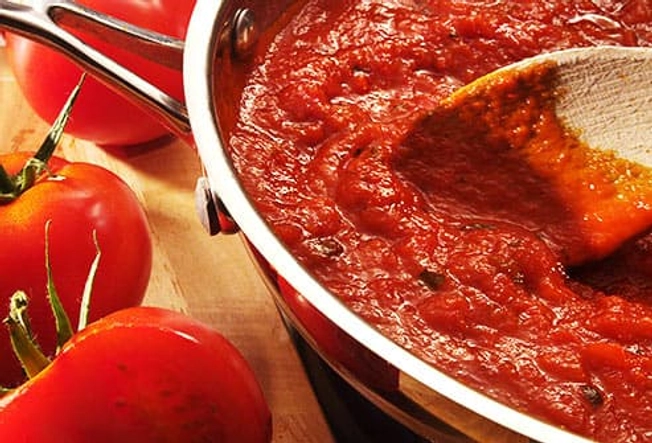
Source: Tomatoes
A medium tomato has about 292 milligrams, but how often do you eat a whole tomato? Try some pasta marinara to get a good amount: A cup of tomato puree has 1,065 milligrams, and a cup of tomato paste has 2,650 milligrams -- more than half your daily allowance.

Source: Lima Beans
They’re loaded with fiber, low in sugar and fat, and they have 436 milligrams of potassium in each half cup. You can soak them overnight to make them easier to digest. If you don’t have that kind of time, the frozen or canned versions work, too.
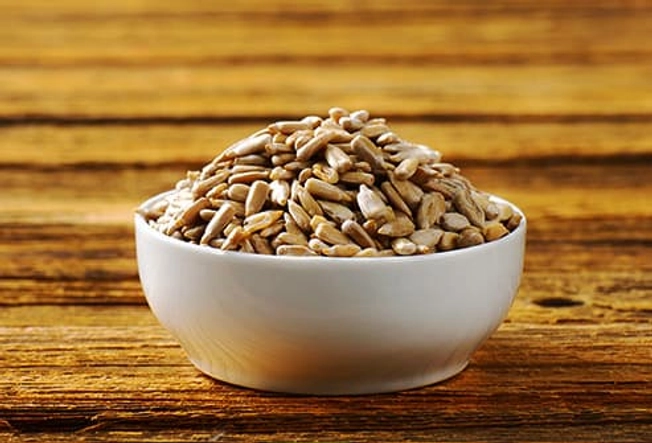
Source: Sunflower Seeds
Looking for something crunchy to get your potassium fix? These have 241 milligrams per ounce. And they're full of other vitamins and nutrients as well.
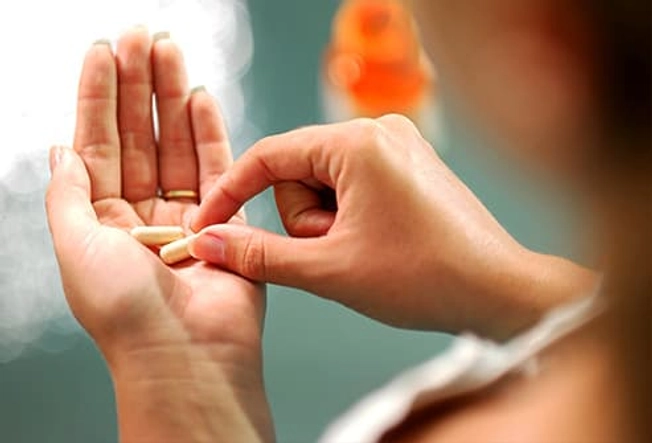
Supplements
It’s better to get your potassium from your food, but you might need these if you have certain illnesses or take drugs that make it harder for you to hold on to potassium. But be careful -- too much can cause nausea, vomiting, stomachaches, diarrhea, and ulcers. Ask your doctor if you need a potassium supplement.

Lack of Potassium (Hypokalemia)
If you don’t have enough in your system, your muscles can get weak and you might be tired often. You also might have cramps or constipation. It’s possible to have hypokalemia because you don’t get enough potassium in your diet, but it’s more likely to happen because of severe vomiting or diarrhea, overuse of diuretics or laxatives, or alcohol abuse.
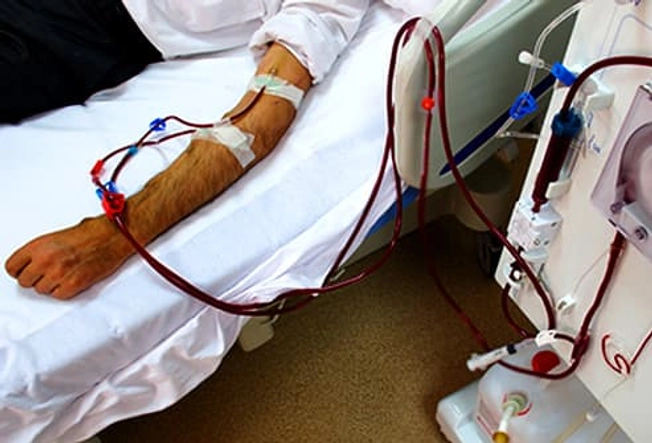
Too Much Potassium (Hyperkalemia)
Infants, the elderly, and people who have kidney conditions are more likely to have this. You may not notice any symptoms, or your muscles might be weak and you might have an irregular heartbeat or nausea. You can get hyperkalemia if you take certain drugs or your body doesn’t make enough of some hormones. Your doctor may treat it with medication or possibly dialysis -- when a machine helps your kidneys clean your blood.
